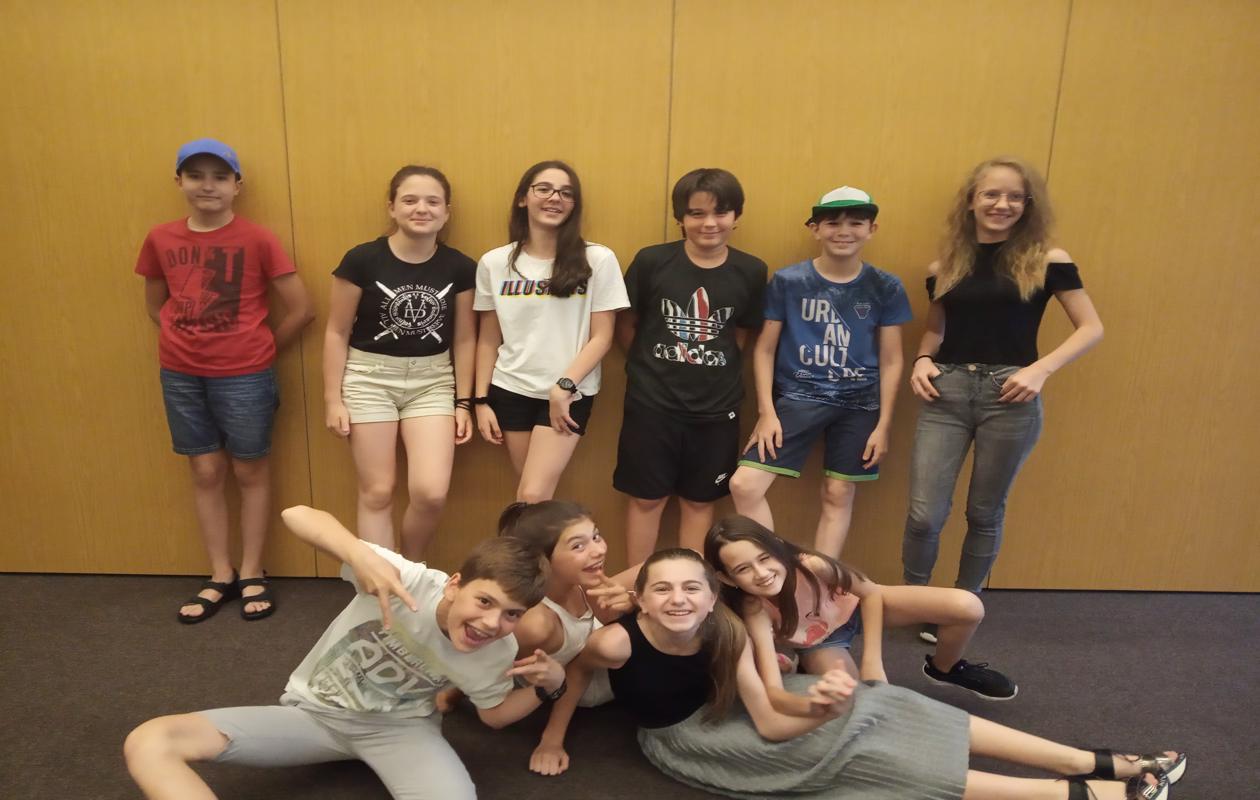One of the main goals of LuckyKids International Camp is to teach children to work in a team. Building a partnership between complete strangers in a short period of time is not an easy task. The advantage is that we work with young characters, who quickly adapt to an unfamiliar environment (quickly, but not always easily), have a broad understanding of the world and an open worldview.
To trace the friendships of the children after the camp, we must first tell about their creation during the camp.
The first day of each shift is introductory and designed for familiarization, cohesion and adaptation. Upon arrival at the camp, the children first get used to the new environment and language, then to the new adults who take care of them and finally to the new co-workers. campers.
The camp team is in constant contact with the parents on this day. The main reasons:
- When a child comes for the first time, it is important to get as much information about his character and personality as possible from the people who know him best.
- For the child, this is the first day that he is left without a mobile device – unfortunately nowadays this is a key factor.
- Throughout the day we monitor the child’s psycho-emotional state and inform the parents so that they can also support the process of adaptation when they hear from him in the evening.
What activities are there on day 1 and what is their purpose:
- Tour of the hotel and acquaintance with all rooms – getting to know the environment.
- Presentation of the team of teachers and animators – we show who we are and say who does what.
- Getting acquainted with the rules of the camp – a very important moment when the children understand that in fact the rules are made for their peace and security and everyone is protected.
- Introduction to the private rooms and new roommates – a moment when each child can feel “at home” and meet the other children in the room, because there they will be a micro-team.
- Conducting a test in the educational rooms – getting acquainted with the team of teachers.
- Evening games with the animators – getting to know the team of animators, group games.
By the end of the first day, each of the children already has an opinion – who they like and who they don’t like. Experience shows that this opinion changes 2-3 times during the entire stay.
By the end of the second day, almost all children already have friends who they like very much. The fact that the children are without phones helps very much the learning process. And every night, when the mobile devices are already in their hands, the exchange of accounts on social networks and phone numbers begins.
All activities until the end of the camp aim to unite the children in several teams, as the teams are deliberately changed during the day:
- Every day the children are combined in different groups on tables to eat
- Children sleep in rooms with other children who have indicated in advance or are assigned to someone according to their gender, age and interests indicated in the questionnaire
- The children learn English according to the level they are at and this is another team
- In the language classes themselves, the children are divided into mini-teams, in which they create their thematic presentations
- Children play every afternoon in interest groups, other than English language groups
- The children ride in the vans again grouped in certain teams
- The whole camp plays evening games together
At LuckyKids International Camp we have children from all over the country and abroad. It often happens that children living in the same city get to know each other at the camp and remain friends in the future with meetings and live games outside the camp time.
It often happens whole families become friends with the camp. It also happens that children who had conflicts during the camp end up declaring themselves best friends and maintaining long-term friendships.
Children who visit the camp regularly do not just stick to the friendships they have already made. In each shift they create new ones and the groups unite and grow over the years.
As information technology helps to maintain friendships from a distance, the children agree in advance in which shift to come to the camp to be together and see each other in the summer. For them the only alternative to a live meeting is a camp meeting. We have such long-standing friendships that were created during the camp and continue over the years.
In addition to friendships with each other, the children seek contact with the animators and teachers of the camp. For safety reasons (of children), all colleagues maintain limited contact with children, but never refuse friendship.
Sometimes children seek English language advice from them during the year or share personal experiences related to language use. It often happens that children ask their favorite teachers and animators in which shift they will work, so that they can come then.
We understand who agreed with whom to be at the camp on the children’s questionnaires, because in them they indicate with whom they want to sleep in the same room, and sometimes with whom they want to be in the same group interests.
Our many years of experience show that friendships in the camp continue even after the children no longer attend the camp because they have grown up.
Camp friendships can be priceless, lasting and harmonious.

